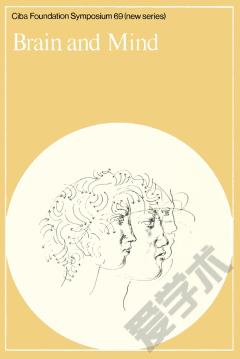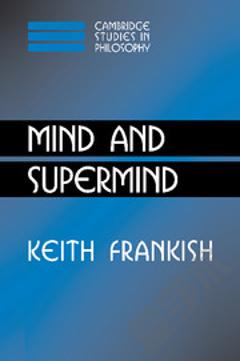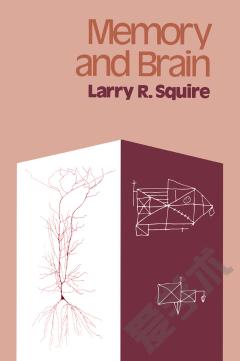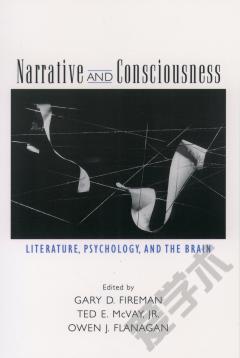Mind, Brain and Narrative
Narratives enable readers to vividly experience fictional and non-fictional contexts. Writers use a variety of language features to control these experiences: they direct readers in how to construct contexts, how to draw inferences and how to identify the key parts of a story. Writers can skilfully convey physical sensations, prompt emotional states, effect moral responses and even alter the readers' attitudes. Mind, Brain and Narrative examines the psychological and neuroscientific evidence for the mechanisms which underlie narrative comprehension. The authors explore the scientific developments which demonstrate the importance of attention, counterfactuals, depth of processing, perspective and embodiment in these processes. In so doing, this timely, interdisciplinary work provides an integrated account of the research which links psychological mechanisms of language comprehension to humanities work on narrative and style.
{{comment.content}}








 京公网安备 11010802027623号
京公网安备 11010802027623号